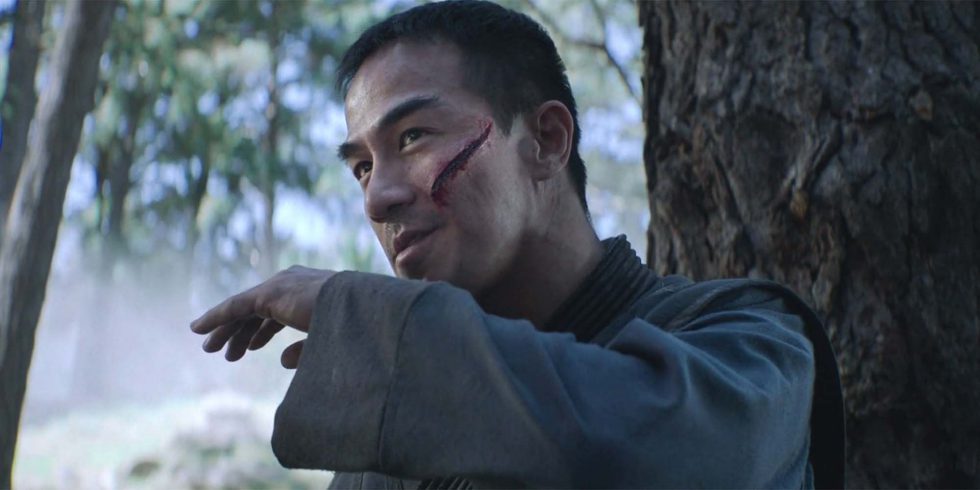
Часть 1-я
"Мортал Комбат" - долгожданная экранизация популярной видеоигры, так горячо любимой массами, наконец, увидела свет 23 апреля. Режиссёр Саймон Маккуойд уже получил восторженные отзывы от тех, кто посмотрел фильм, за своё приземлённое описание лора игры, несмотря на то, что данная работа стала его дебютом в полнометражном кино.
Маккуойд побеседовал с изданием Screen Rant о том, как он пришёл к такому видению истории, в чём заключается функция новичка, Коула Янга (Льюис Тан), и какой классический персонаж так и не появился в итоговой версии фильма.
Саймон, для дебютного полнометражного фильма это настоящий фурор. По Интернету ходит множество домыслов, касательно нового персонажа, Коула Янга. Можешь ли ты рассказать, почему ему уделено столько внимания в фильме?
Маккуойд: Этот персонаж, на котором сфокусировано зрительское внимание, был очень важен для фильма. Мы понимали, что нам нужен художественный приём, какая-то идея, чтобы познакомить зрителей с этим невероятно богатым, многослойным, детализированным каноном, которым, собственно, и является Mortal Kombat. Но нам не хотелось создавать персонажа с нуля, для нас было важно связать его с этим миром, и выстроить его из ключевых компонентов игры, я имею в виду, бои. Поэтому, мы и сделали его бойцом ММА.
И затем уже выстраивается его связь с этим миром посредством фильма, его аркана, и всё остальное строится из кусочков, элементов и ингредиентов его родословной и так далее. Идея заключалась в том, чтобы создать персонажа, который кажется новым, но и в каком-то смысле уже знакомым. Это была своего рода попытка алхимии внутри созданного нами мира. Льюис проделал потрясающую работу; он здорово постарался.
Мифология "Mortal Kombat" всегда была невероятно сложна, но фильм грамотно объединяет всё это и преподносит в довольно серьёзном ключе. Можешь объяснить, почему для этого перезапуска был выбран такой приземлённый подход?
Маккуойд: Я чувствовал, что в видеоигре - и, должен сказать, ребята из Netherrealm проделали потрясающую работу, развивая эту Вселенную, и добавляя новые элементы; это просто невероятно, какого уровня достигла игра на сегодняшний день. Но когда вы находитесь внутри видеоигры, есть много таких вещей, которые работают только там, потому что это не по-настоящему. Речь не только о визуальной составляющей, это касается и костюмов, и прыжков, и сверхспособностей. Но когда вы воплощаете это в реальность, всё может быстро превратиться в неудачную вечеринку на Хэллоуин.
Я хотел убедиться, что это было невероятно глубоко, богато, многослойно, текстурировано, весомо, но и в то же время элементарно, чтобы у зрителя не возникло трудностей при погружении в этот насыщенный мир. Кроме того, я верю, что если ты создаёшь нечто такое, во что поверят зрители, то они отправятся в это приключение вместе с тобой. Тонально, я хотел создать нечто совершенно нереальное, но сделать так, чтобы оно казалось реальным, чтобы вас, как зрителя, по-настоящему увлекло это приключение.
Мне всегда нравились фильмы, вне зависимости от их жанра, которые переносили меня в другие миры, и я, как зритель, верил в реальность этих миров. Этот мой зрительский опыт также наложил отпечаток, и такого же эффекта я хотел добиться в своём фильме, вот почему здесь так много слоёв и деталей. Я буквально каждый день наседал на художника по костюмам, говоря, что нам нужно больше слоёв и больше текстуры. В конце-концов, это превратилось в расхожую шутку на съёмочной площадке: "Полагаю, вам нужно больше деталей". И я такой: "Да, было бы неплохо".
Потому что, как только ты расставишь объективы и поместишь этих детально воссозданных персонажей перед ними, всё это начинает плавно связываться воедино. В этом и заключалась идея - в эволюции персонажей и их зрительском восприятии.
На мой взгляд, одним из самых блестящих ходов для этого фильма стало привлечение к работе над сценарием Грега Руссо, который входит в топ-50 игроков в Mortal Kombat и в топ-15 игроков на Xbox в США. Были ли в его первой итерации истории какие-то персонажи, которые растягивали хронометраж или не были сюжетно оправданы?
Маккуойд: Грег действительно знает своё дело, и проделал потрясающую работу над фильмом. Он отличный парень.
Был только один персонаж, которого мы задумывали в самом начале, но в итоге отсеяли, так как он не двигал историю вперёд. Сцена с его участием стоила дорого и просто была бы не к месту. Этим персонажем был Рейн. Принимая решения, нужно взвешивать все "за" и "против". Дело было не в том, что он кому-то не нравился, просто вплетение его в сюжетную канву на данном этапе, не сыграло бы значительной роли.
Часть 2-я
В новой киноадаптации игры Mortal Kombat, вышедшей на экраны 23 апреля, мы вновь увидим Саб-Зиро - одного из самых трагичных злодеев в исполнении Джо Таслима ("Воин", "Рейд"). В новом фильме уделяется немало внимания предыстории популярного игрового персонажа, что, в свою очередь, может только разыграть аппетит фанатов.
Таслим побеседовал с изданием Screen Rant о том, как он примерял на себя образ культового персонажа, и какими качествами хотел его наделить.
Саб-Зиро - один из самых узнаваемых персонажей во Вселенной "Mortal Kombat". Насколько сильным было давление, которое ты испытал, примеряя на себя столь каноничный образ?
Таслим: Сначала я дико обрадовался. Но потом вдруг осознал, Бог ты мой, это же Саб-Зиро. И вместе с тем пришло… ну, не то чтобы давление, а скорее ответственность. Потому что, нельзя просто облачиться в костюм персонажа, и ходить с крутым видом, надеясь, что этого будет достаточно. Нужно отдать должное Саб-Зиро.
И я очень старался. Я погружался в его предысторию и буквально засыпал вопросами режиссёра и сценариста: "Почему, почему, почему он делает то, почему он делает это?" Мне было важно знать, так как я хотел, чтобы люди поняли логику его поведения, почему он совершает все эти плохие поступки, может, он испытывает боль, или он действительно поглощён тьмой. Я задавался всеми этими вопросами, чтобы понять замысел создателей, и общими усилиями вывести Саб-Зиро из тьмы, поскольку это съедает его изнутри. Он страдает от того, что ведёт жизнь, которую он не выбирал, клан Лин Куэй похитил его, когда он был ребёнком, и его друзей убили.
В детстве с ним случилось много плохого, и это сделало его тем, кто он есть, злодеем и жестоким убийцей. Но в то же время, ты осознаёшь, что он страдает из-за этого. Поэтому я хотел, чтобы и фанаты почувствовали этот эмоциональный багаж. Надеюсь, я смог это передать.
Несомненно. Новый "Мортал Комбат" действительно очеловечивает персонажей, возможно, так, как этого не делали предыдущие итерации. Какими качествами ты хотел наделить Саб-Зиро?
Таслим: Я надеюсь, что смог воздать должное Саб-Зиро. И надеюсь, что люди захотят увидеть его трансформацию в Нуба Сайбота. Я хочу, чтобы люди говорили: "Ага, так вот оно что!" Теперь, когда я сам понимаю, почему он Нуб Сайбот, я хочу, чтобы и зрители прошли весь этот путь вместе с ним. Чтобы смотря фильм, люди думали и говорили: "Я хочу узнать, что произошло. Я хочу увидеть приквел. Я хочу увидеть, что случилось с Саб-Зиро. Я хочу увидеть, как его похитил клан Лин Куэй. Я хочу увидеть его тренировки в Лин Куэй".
Сейчас мы видим Саб-Зиро в середине его жизненного пути, и я надеюсь, это только подстегнёт фанатов и они захотят увидеть больше, будь-то сиквел или приквел, чтобы мы могли проследить весь путь Саб-Зиро. Думаю, это и есть моя цель, это то, чего я хочу.
До этого тебе уже приходилось проявлять себя физически на съёмочной площадке, чем "Мортал Комбат" схож со съёмками в других фильмах, вроде того же "Рейда"?
Таслим: Как по мне, "Мортал Комбат" физически тяжелее. Поскольку я таскаю на себе ещё 10, 12 килограмм дополнительного веса, и при этом я должен быстро двигаться. Думаю, "Мортал Комбат" сложнее в том плане, что мне приходится быть физически активным, носясь практически с ребёнком на спине. Но энергия, на мой взгляд, абсолютно та же.
Говоря об энергии в фильмах, я всегда стараюсь рассказать историю в своих боях. Я не люблю просто махать руками и ногами, даже боль сама по себе должна рассказывать какую-то историю. Людям нужно чувствовать то, что чувствует герой; им также важно чувствовать, что герой вот-вот умрёт, или ему кажется, что он на пороге смерти. Эти нюансы важны для меня. Это не просто бой, не просто противостояние, победа или смерть. В промежутке между всем этим, люди должны видеть, уверен ли герой в своих силах, или же он внутренне надломлен и готов буквально рассыпаться на части. Или, чтобы их посещала мысль: "Кажется, он понимает, что это конец". Всегда должно быть место для истории, неважно, будь-то "Рейд" или "Мортал Комбат". Я надеюсь, зрителям это также важно.
Официальный источник: screenrant.com
Дата публикации: 20.04.2021
Перевод: Black Dragon



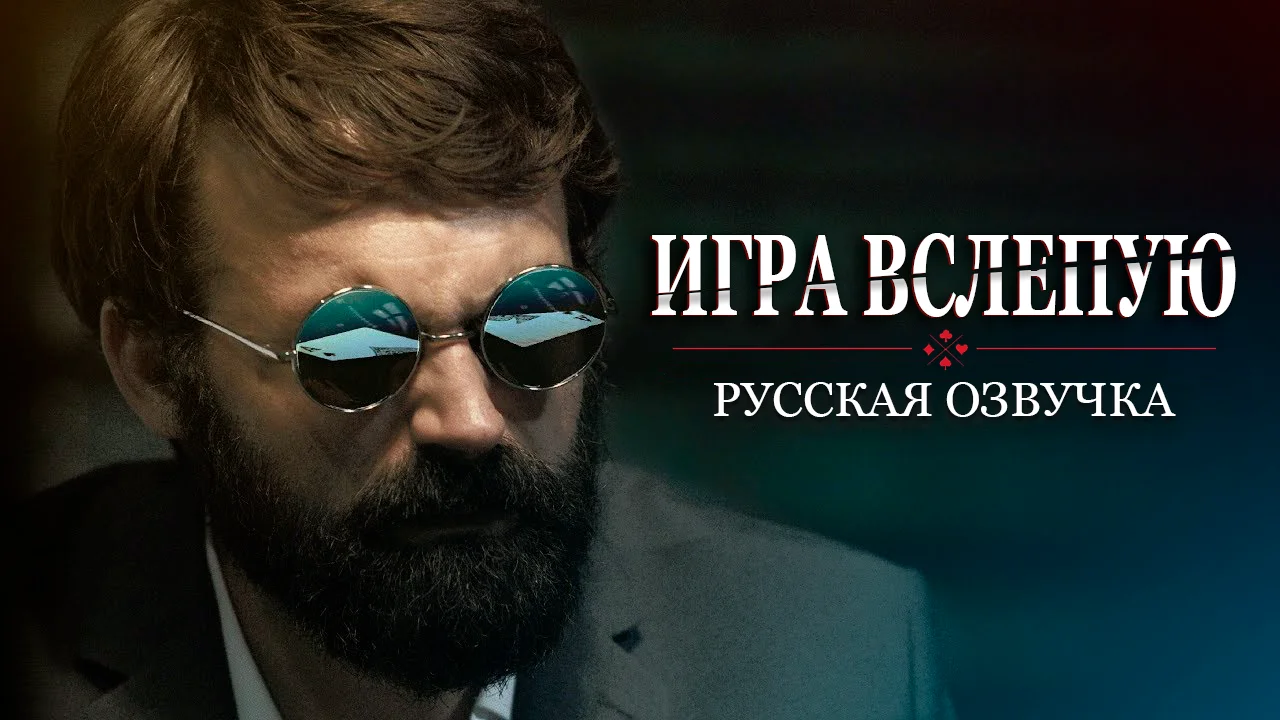
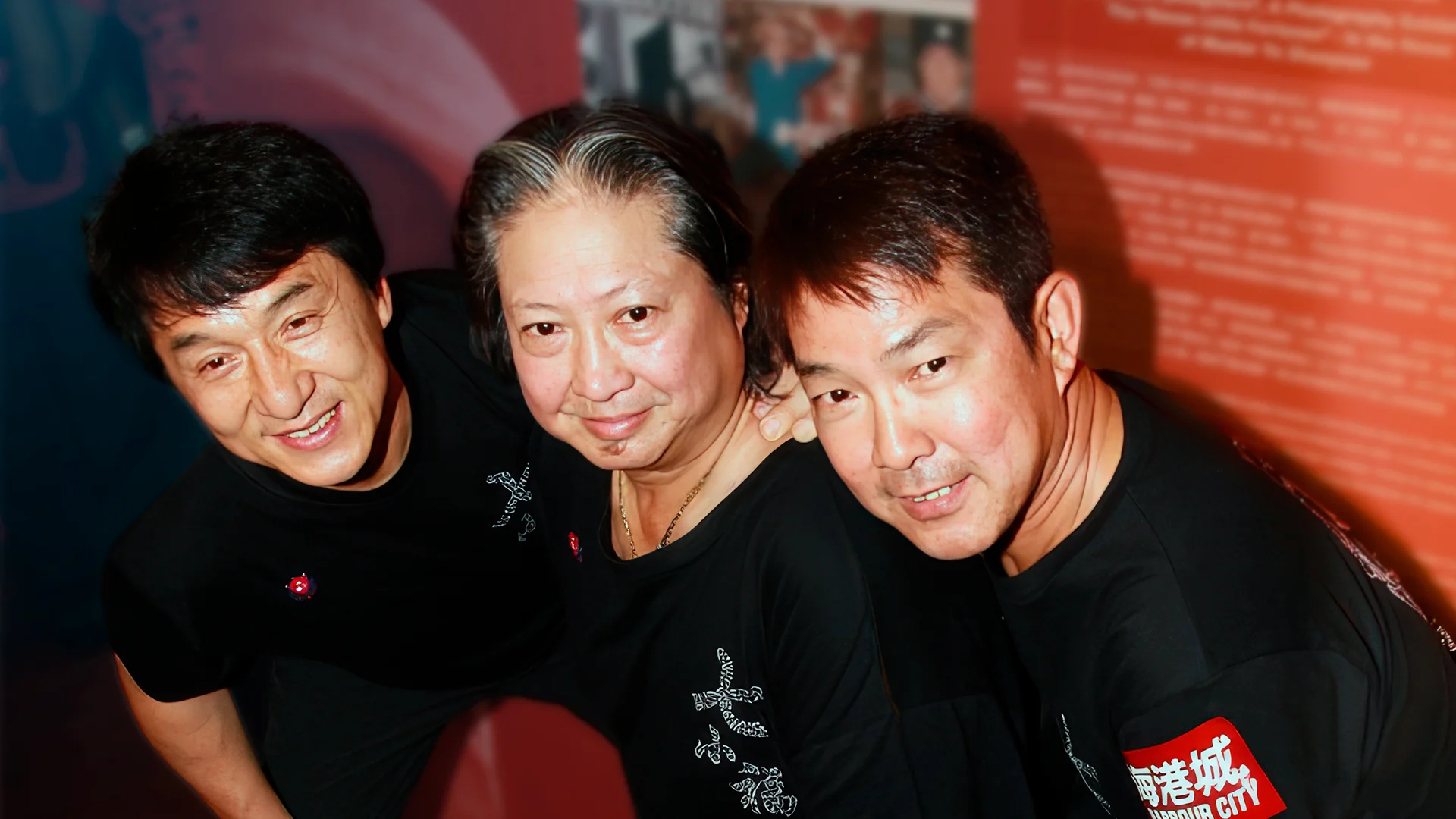
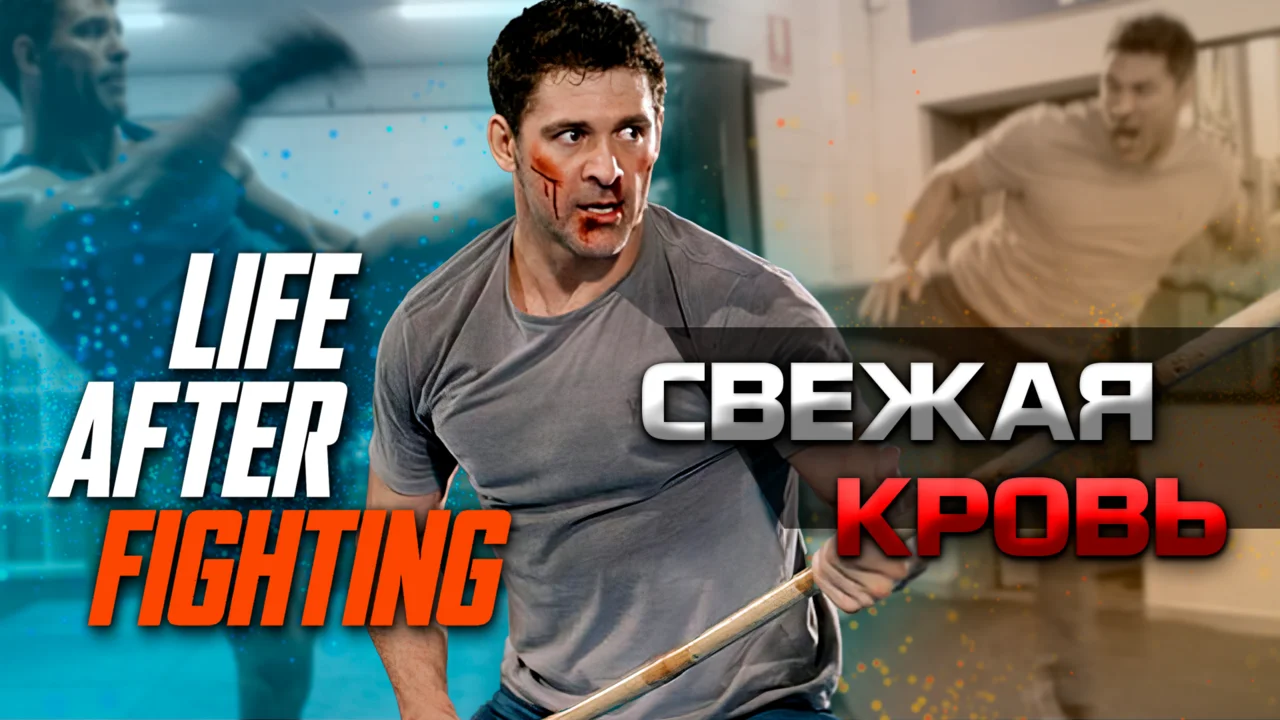
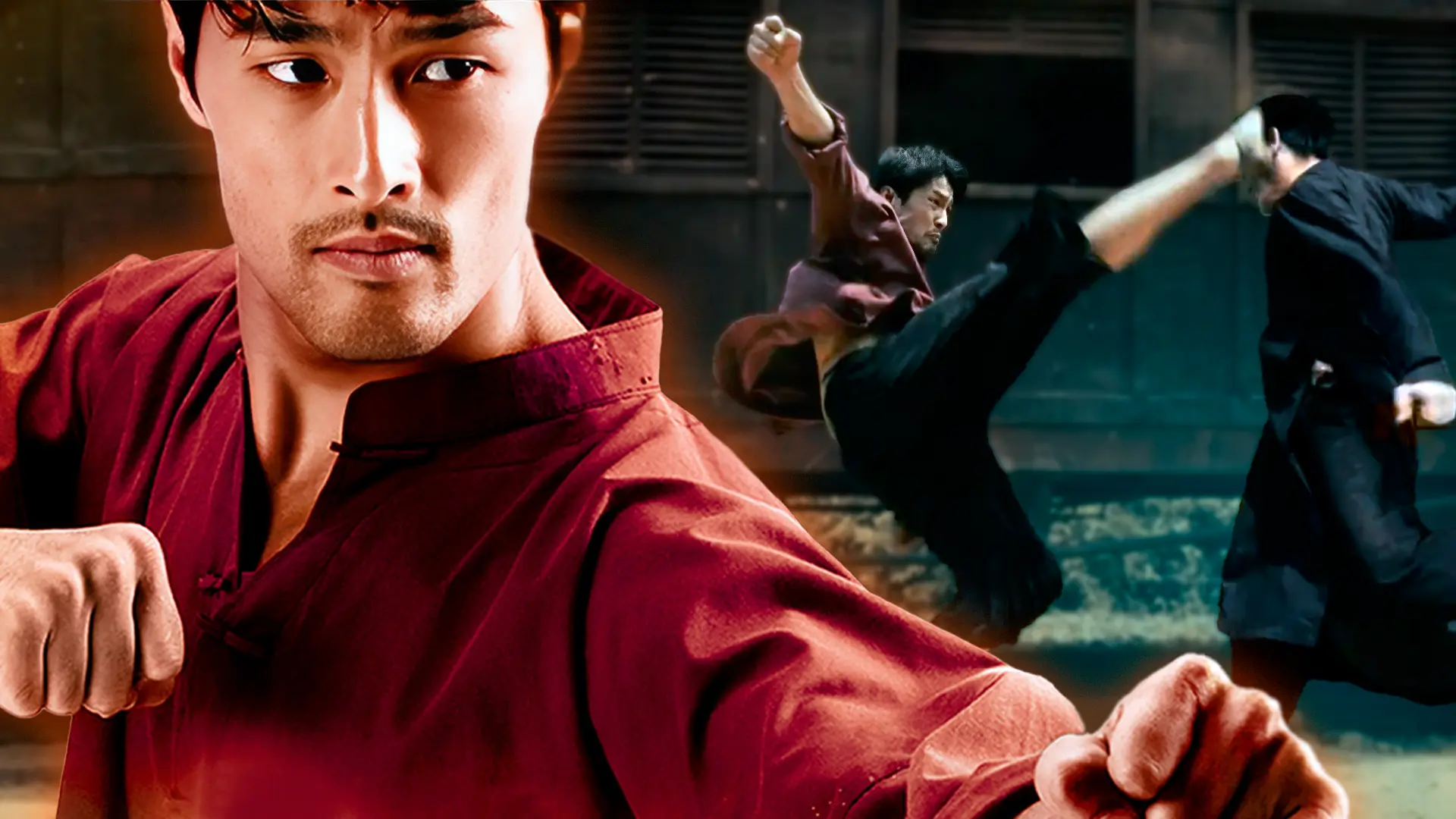
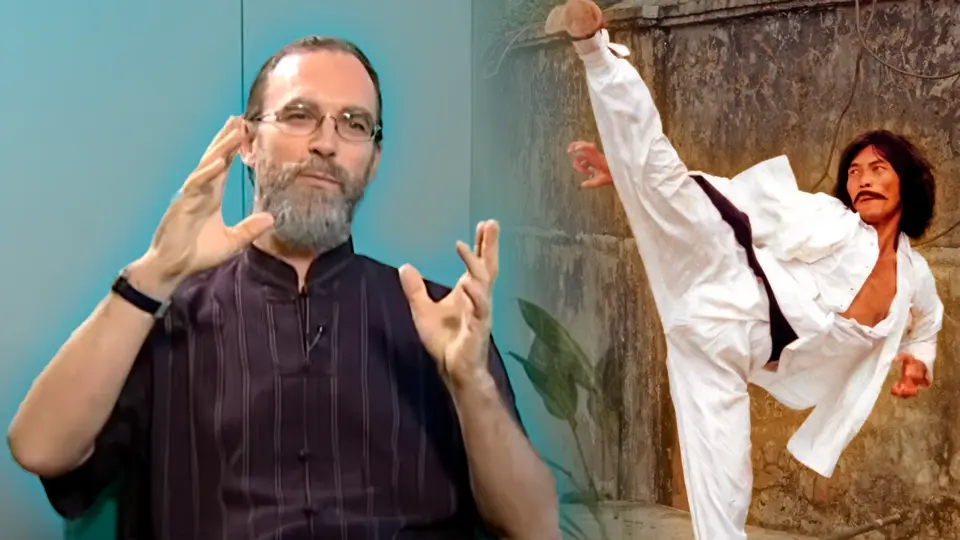

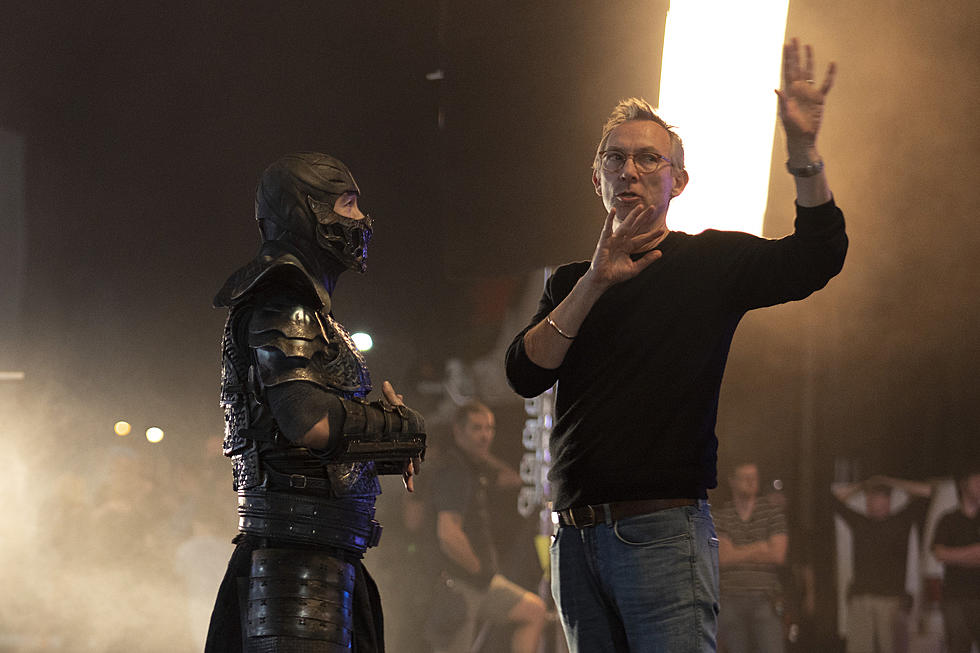
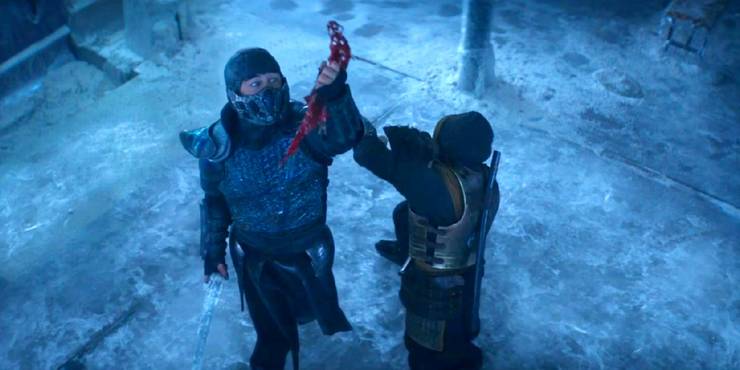
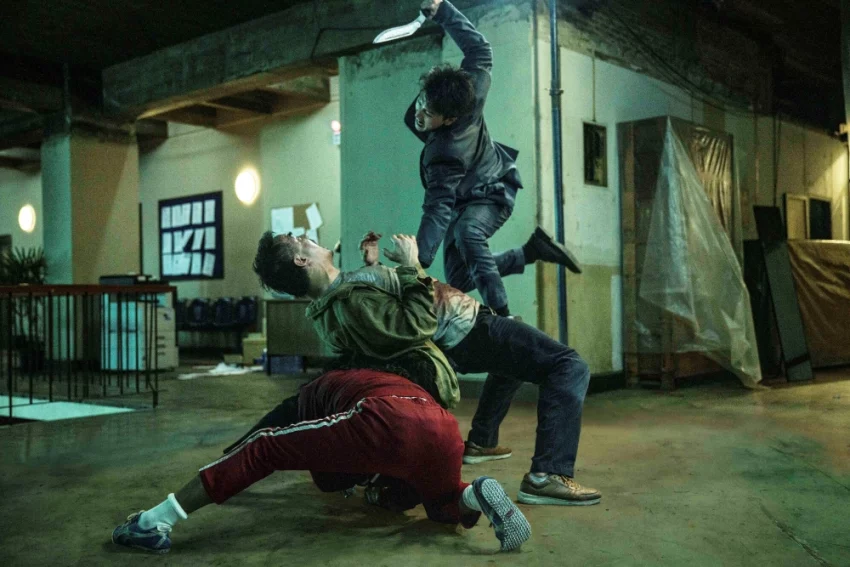
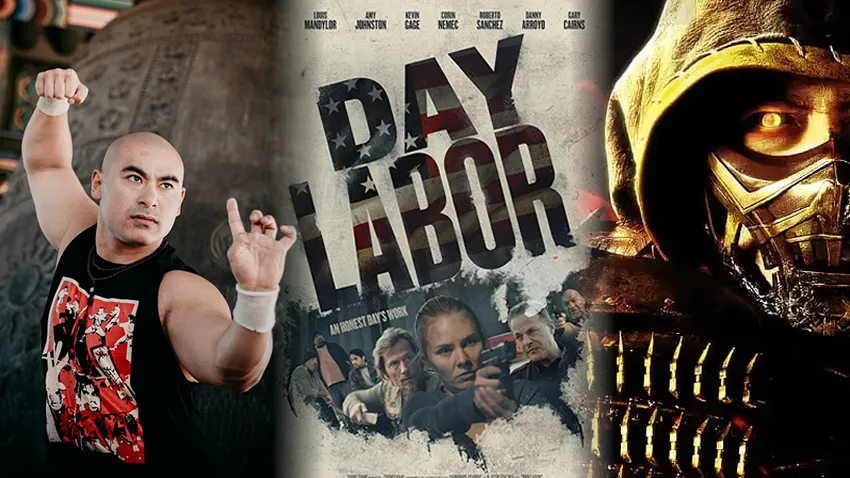
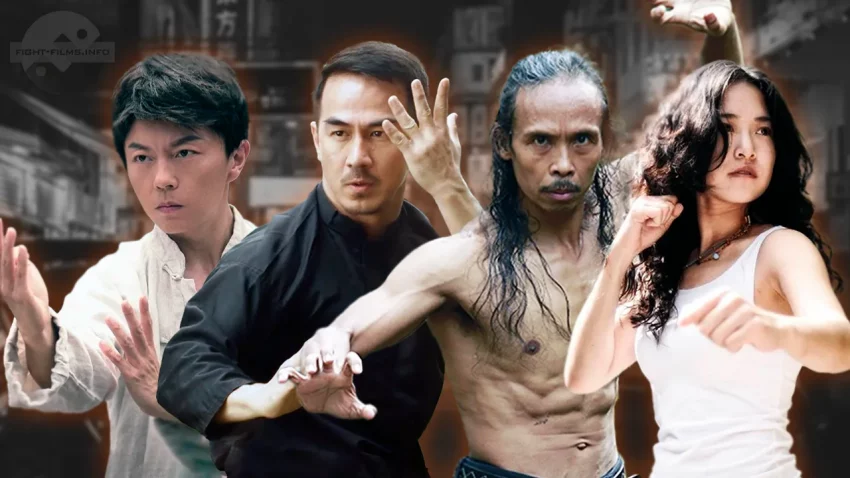
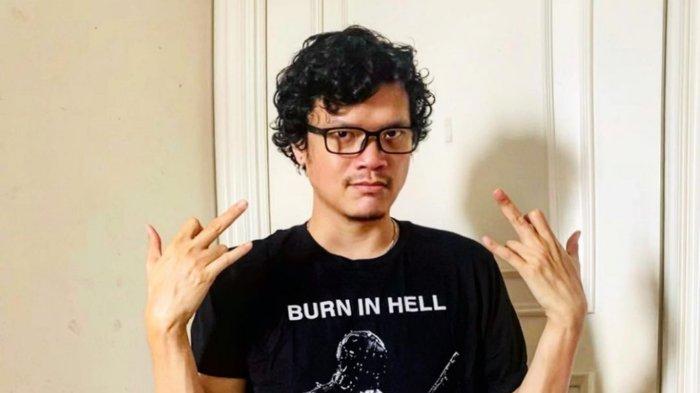
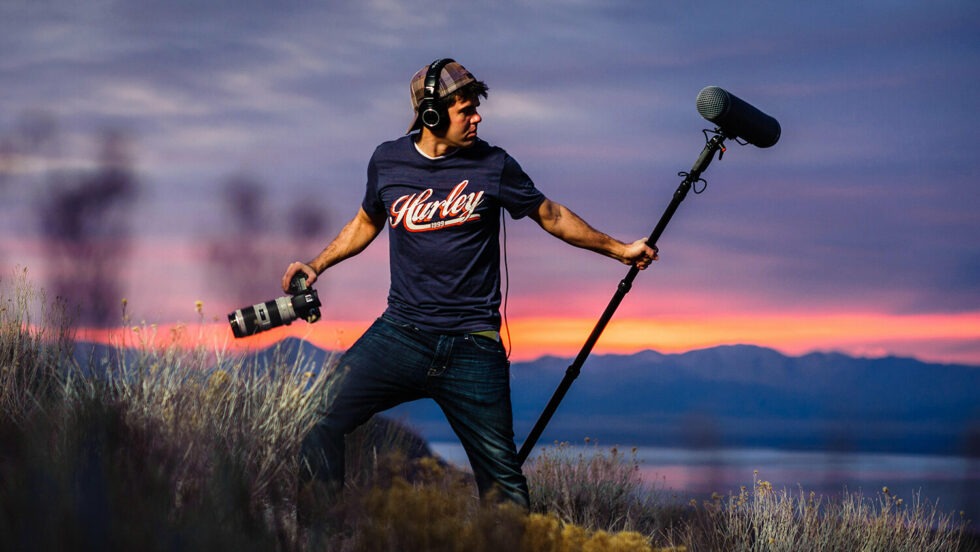
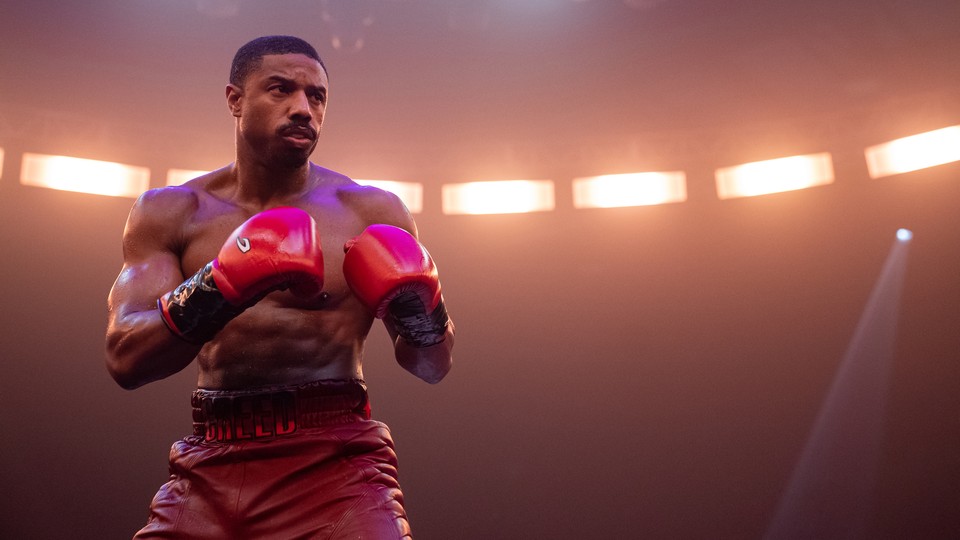
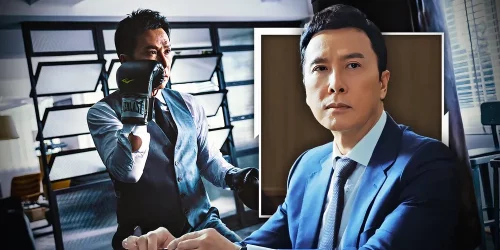
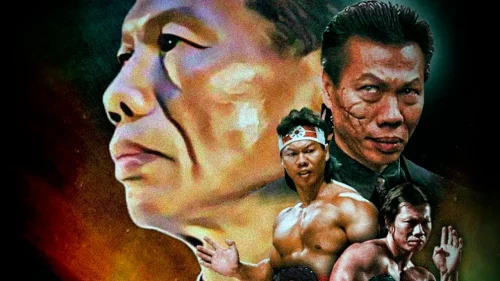

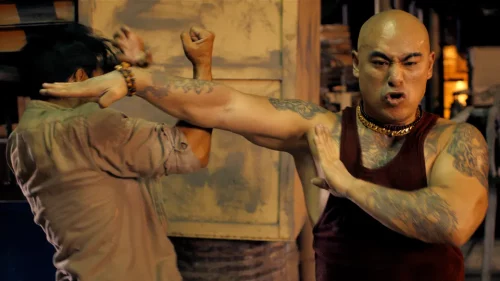
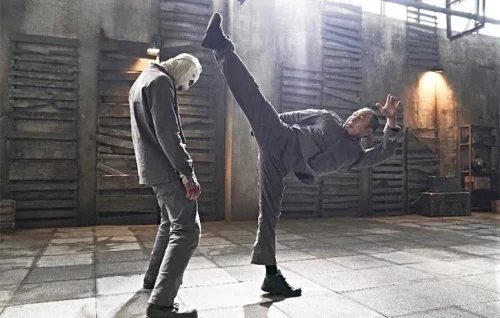
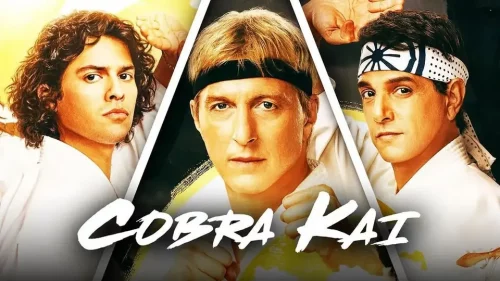
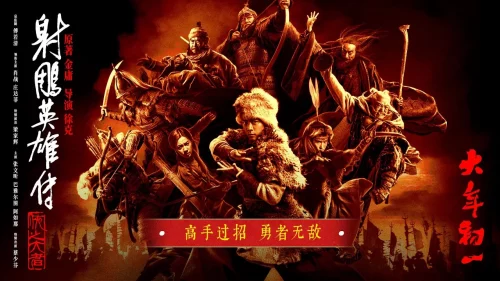
Спасибо вам ваши труды. Энтузиазм бесценен. Об экшне мало ресурсов. И ваша популяризация необходима…
С новым годом Вас всех, причастных к этому каналу, что я читаю уже больше…
Сложно сказать где бы Марко Сарор плохо смотрелся.)
В роли Крэйвена хорошо бы смотрелся Марко Сарор. Высокого роста, атлетичный, хорошо двигается. 100%…